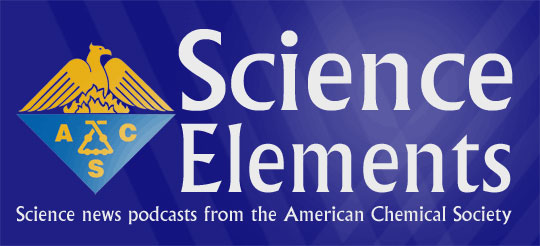| |||||||||||
|

Detecting PlaqueEmbargoed: Tuesday, March 27, 8:00 p.m., Central Time As we grow older, plaque begins to slowly build up in our arteries. All too often, the buildup goes undetected until suddenly … the plaque breaks loose and becomes a potential killer as it tumbles through our body. Obviously, early detection of life-threatening plaque is critical to saving lives. Scientists at New York’s Mount Sinai Medical Center and the New York University School of Medicine have come up a new imaging technique that can dramatically improve detection of cholesterol-laden plaque. They presented their findings at the national meeting of the American Chemical Society in Chicago. The researchers say the new technique will permit doctors to diagnose unstable plaques before they rupture. This means physicians can better assess the risk of heart attack or stroke for individual patients. I’m Marvin Coyner in Washington for the American Chemical Society – improving people’s lives through the transforming power of chemistry. |
|||||||||||||||||
All Rights Reserved. Terms of Use | Privacy Policy | Feedback | Au sujet de la ACS | Acerca de la ACS |
||||||||||||||||||





